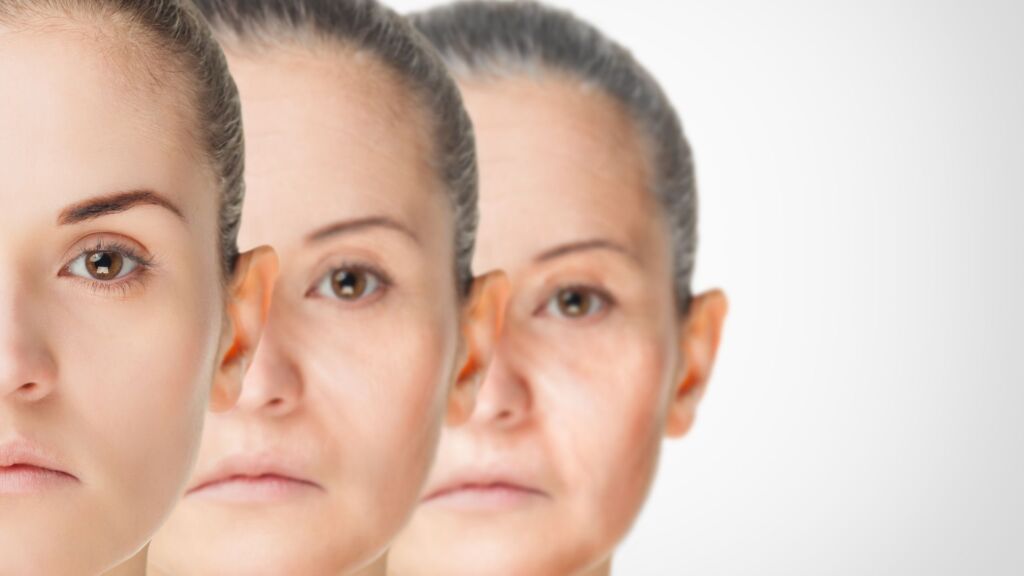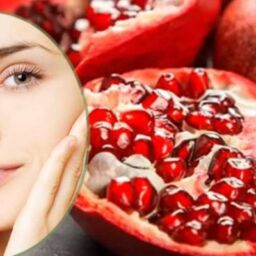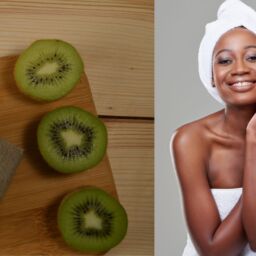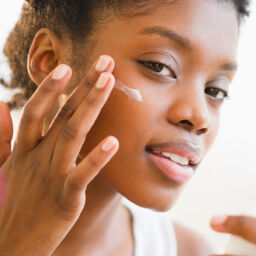How to Keep Your Skin Beautiful
Your skin protects your body, but that’s not all. It’s the face you present to the world. When healthy, it’s a source of beauty. The choices you make every day – what you eat, where you go, how you feel — affect how your skin looks. Use this visual guide to keep your skin youthful, healthy, and wrinkle-free.
You’ve Got Food on Your Face
Want good skin? Watch your diet. Higher intakes of vitamin C and a lower intake of fats and carbohydrates are associated with better appearance as your skin ages. Changing your diet will help your looks. Foods rich in antioxidants, such as fish, fruits, and vegetables, seem to help protect skin. Some studies suggest that to avoid breakouts, go for complex carbohydrates (like whole grains and pasta) and healthy protein. Dairy may also be linked to acne flares.
Eat Your Vitamins
Your anti-aging cream may contain vitamin C or E. Put these antioxidants to work from the inside, too. Eating foods rich in these vitamins, plus the mineral selenium, can help protect your skin against sun damage. They may even help reverse signs of aging, like wrinkles and skin discoloration.
Run Away From Aging Skin
Exercise benefits every part of your body — including your largest organ, the skin. Working out improves circulation, helping nourish the skin. Better blood flow brings more oxygen and nutrients and may help your skin produce collagen, which staves off wrinkles. Don’t fret about sweat — exercise will not clog your pores. Wash your face right after a workout and avoid tight headbands, which can trap sweat and irritate skin.
Get Your Beauty Rest
Burn the candle at both ends for a few nights, and you may see it reflected in your face: Dark circles under the eyes, pale skin, and puffy eyes. Getting 7-8 hours a night will keep your body and skin in top shape. It matters how you sleep, too — rest your face on the pillow in the same position for years, and you’ll get wrinkles where the skin is pressed against the pillow. Sleeping on your stomach will worsen bags under your eyes. Solution? Sleep on your back.
Avoiding Melasma
Some women develop dark patches — melasma — on their faces when they’re pregnant or taking birth control pills. An increase in melanin, the substance that gives skin its color, is responsible for these dark patches. Melasma usually fades after delivery or when you stop taking the pill. Prevent pigment changes by wearing sunscreen at all times and avoiding the sun. Melasma can also be treated with chemical peels or topical prescriptions of hydroquinone, retinoids, azelaic acid, niacinamide,kojic acid, or hydroxy acids that lighten the patches. But strict avoidance of sunlight is required.
Keep Harmful Rays Off Skin
Whether or not you were a sun worshipper, chances are your skin has sun damage. About 90% of all skin damage is due to the sun. As your time in the sun goes up, so does your risk of skin cancer. Protect skin by always wearing broad-spectrum sunblock. Look for products that contain zinc oxide, titanium dioxide, or avobenzone. Sunscreens with an SPF of 30 or higher are best. Wear wide-brimmed hats and long sleeves, and avoid the sun between 10 a.m. and 2 p.m., when rays are strongest.
How to Care for Aging Skin
As you age, your skin changes. Your body doesn’t produce as much collagen, and the elastin that allows skin to spring back into place gets weaker. You also don’t create or lose skin cells as fast. To boost aging skin, exfoliate to remove dead skin, use a nondrying soap, and moisturize often. Use over-the-counter retinoids to reduce fine wrinkles, or ask your doctor about a prescription version. Most of all, stay out of the sun.
Wash the Day Away
Every day, your skin comes in contact with pollution — cigarette smoke, car exhaust, or smoggy air. Keep skin healthy by keeping it clean. Depending on the needs of your skin, you can cleanse your face with a gentle soap or wash, or exfoliate nightly with gentle scrubs and toners to remove dead skin cells, and then apply a retinoid cream and moisturizer. (Oily skin still needs moisturizer; look for oil-free products.)
Inside and Out in Winter
Cold weather and wind bring on dry, flaky skin and can make eczema and rosacea worse. It’s not just the weather outside — dry heat indoors is harsh on skin, too. Fight back by using a humidifier at home, drinking lots of water, and applying moisturizer throughout the day. Remember the sunscreen when you go out.






